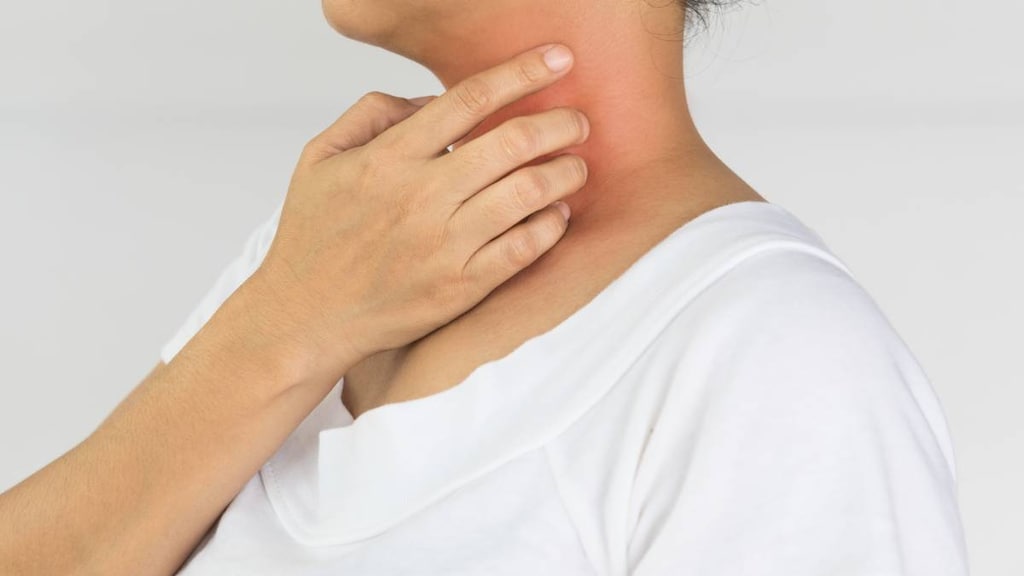
What is pruritus?
Pruritus is another name for itchy skin. The itch may be felt all over the body or localized to one particular area.
For some people, it can be hard not to itch. Unfortunately, this makes the skin itchier and it can be difficult to break this itch-scratch cycle once it has started.
What causes pruritus?
Pruritus is more common as people age, because skin tends to become drier.
Causes of pruritus include:
- Burns
- Dermatitis (eczema)
- Dry skin
- Hives
- Insect bites
- Nerve conditions, such as diabetes, multiple sclerosis, pinched nerves, or shingles
- Pregnancy
- Psoriasis
- Psychiatric conditions, such as anxiety, depression, obsessive-compulsive disorder
- Scabies
- Scars
- Underlying medical conditions (such as cancer, iron deficiency anemia, kidney failure, liver disease, or thyroid disease)
Sometimes doctors cannot find an underlying reason for the pruritus.
What are the symptoms of pruritus?
Symptoms vary depending on the cause but may include:
- Itchy skin all over the body or an itch localized to just one or a few small areas
- Patches of red, bumpy, or irritated looking skin
- Leathery or scaly skin
- Cracked skin
- Areas of broken or bleeding skin where you have scratched
- Isolated crusty patches of skin that weep or exude pus
- Dry skin in other areas
How is pruritus diagnosed?
See your doctor or a dermatologist (skin disease specialist) if your pruritus affects your whole body or has lasted more than two weeks and is not getting better with self-help measures.
Also make an appointment if the itching is accompanied by other symptoms such as weight loss, fatigue, fever, or changes in bowel habits.
Your doctor will look at your skin and may also order some tests if an underlying cause is suspected.
How is pruritus treated?
Treatment varies depending on the cause.
If dry skin is an underlying cause, then daily moisturizing is important and only gentle soap-free cleansers and luke-warm water should be used when washing. Hot water can dry out skin even more.
Common treatments that may be used include:
- Moisturizers
- Anti-itch shower/bath products
- Oral antihistamines
- Oral SSRI antidepressants (can also help relieve itch)
- Corticosteroid creams/ointments/lotions
- Other creams/ointments (eg, calcineurin inhibitors, topical anesthetics, capsaicin)
- Moist dressings
- Phototherapy (light therapy)




